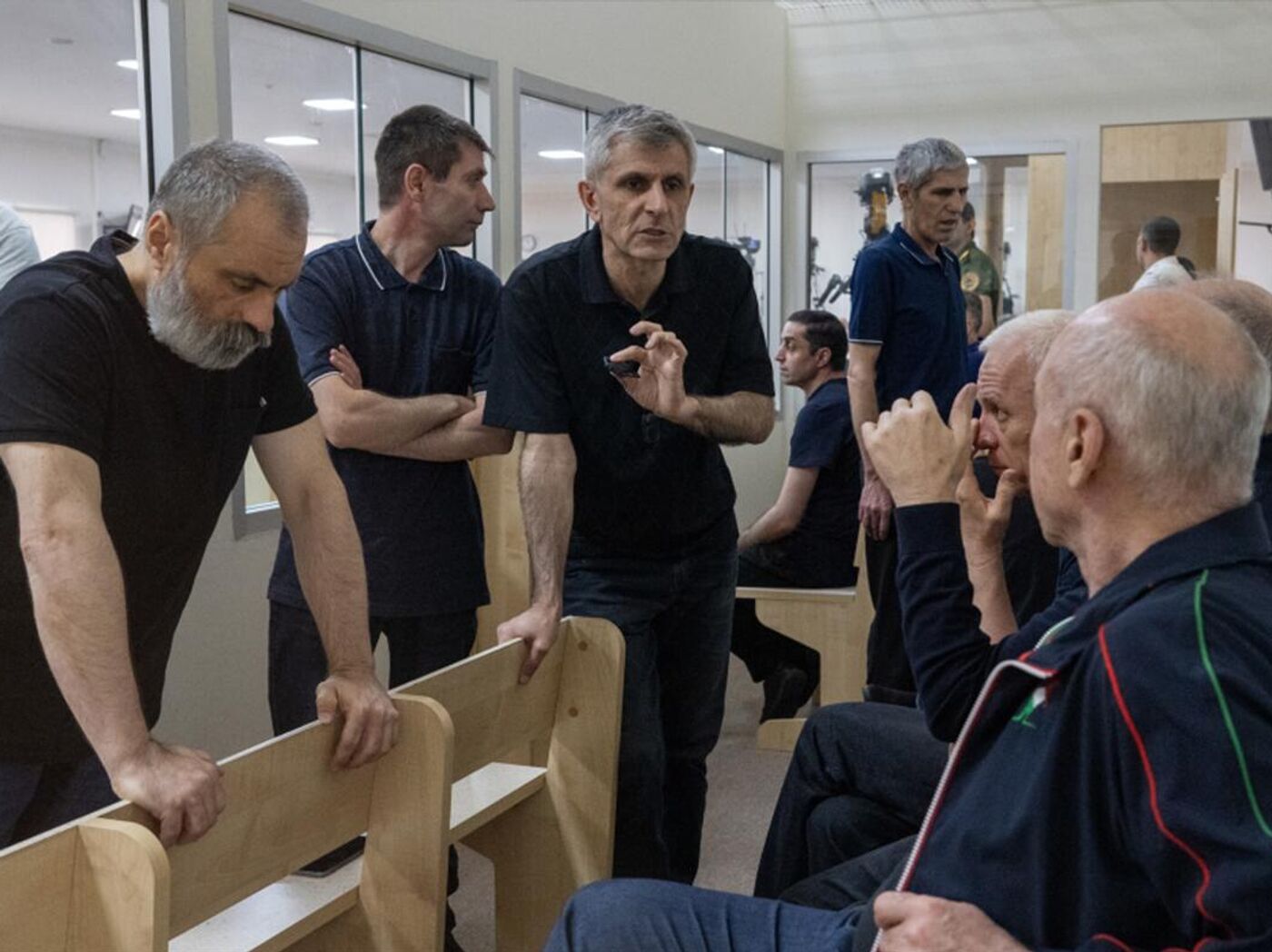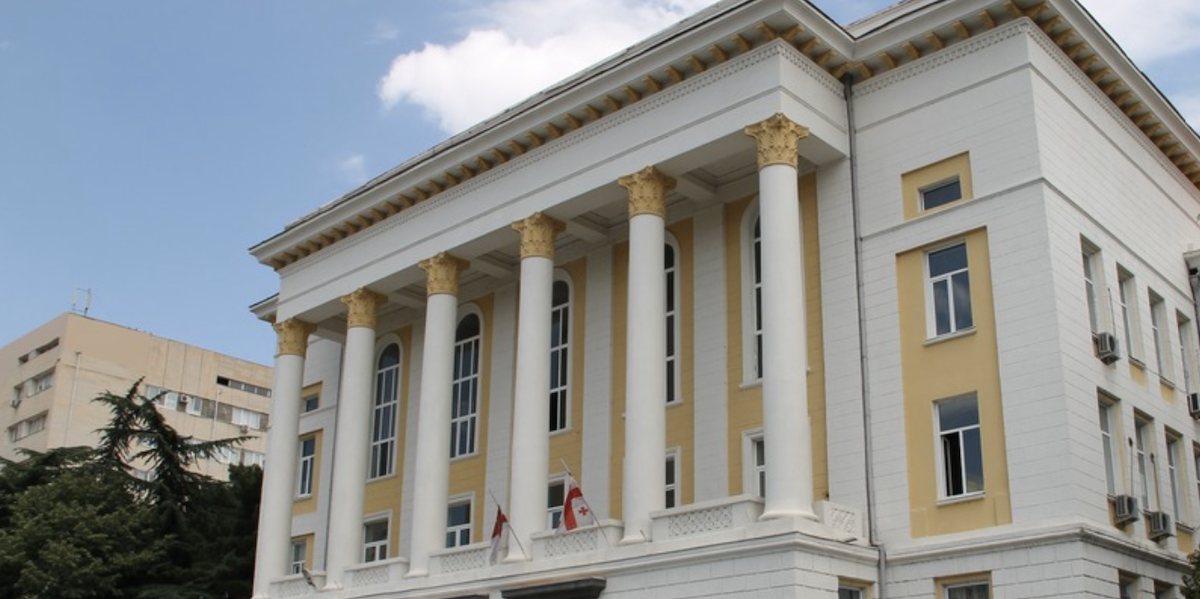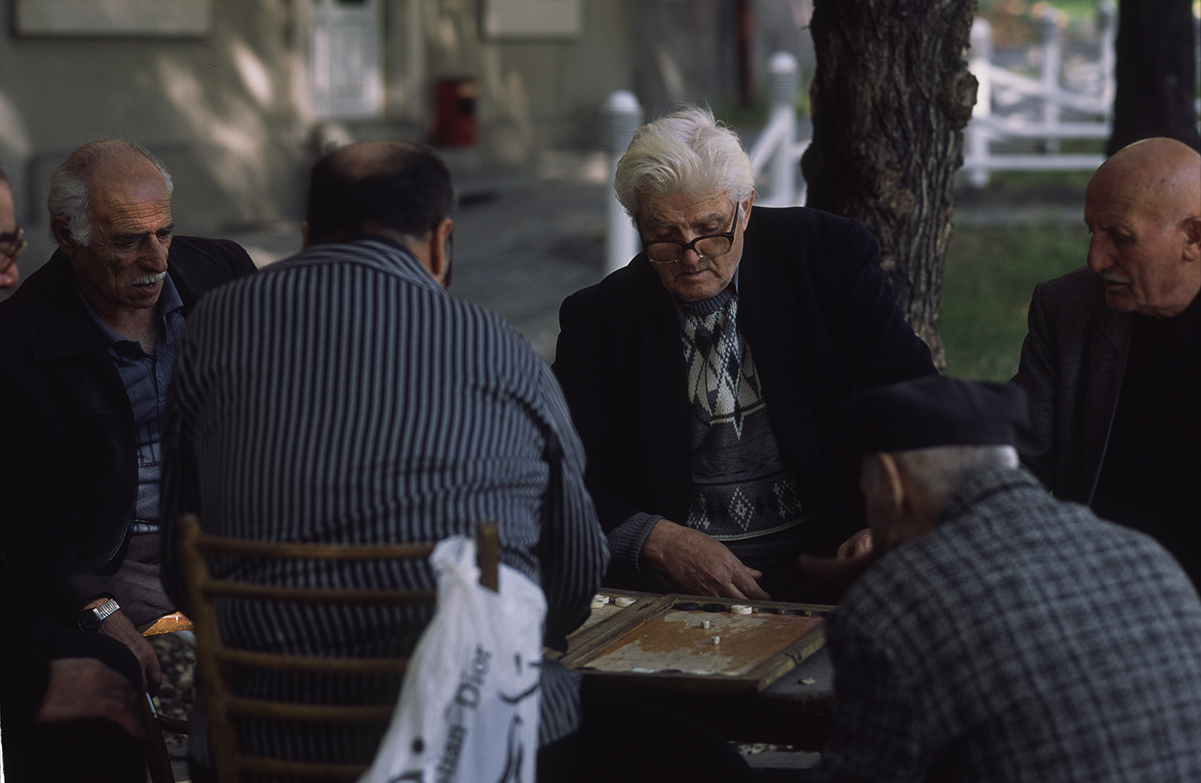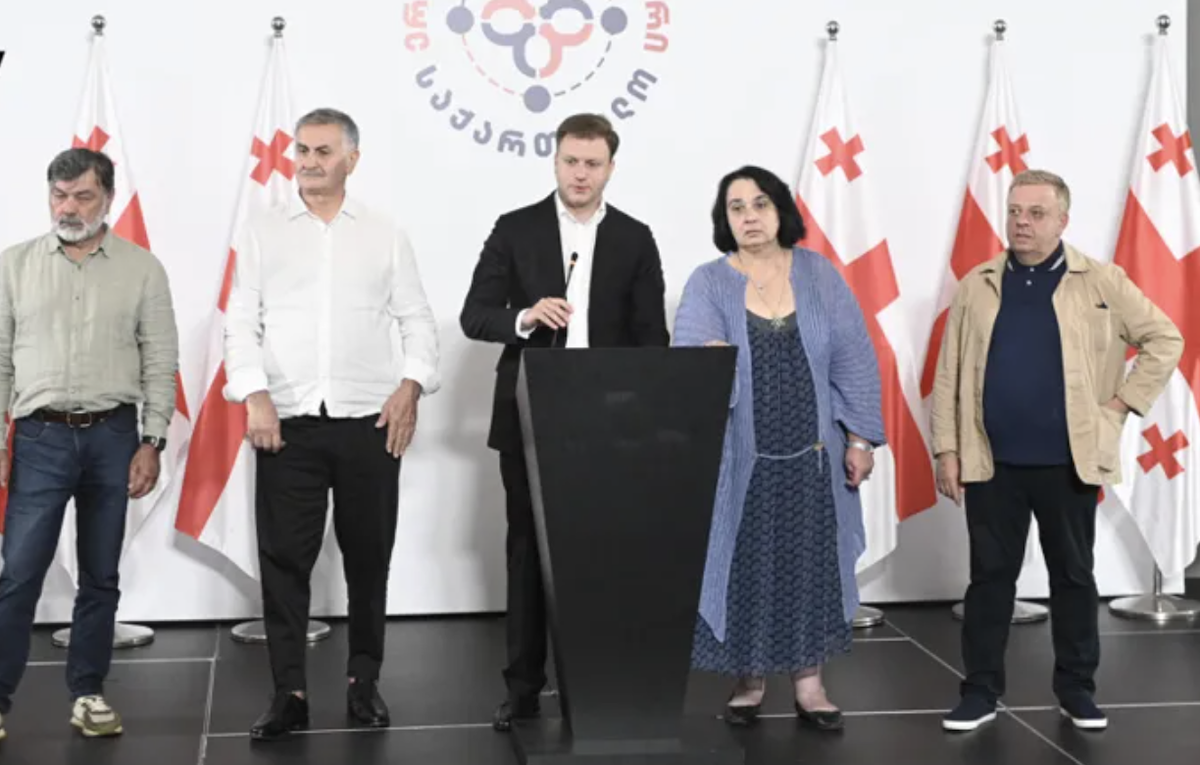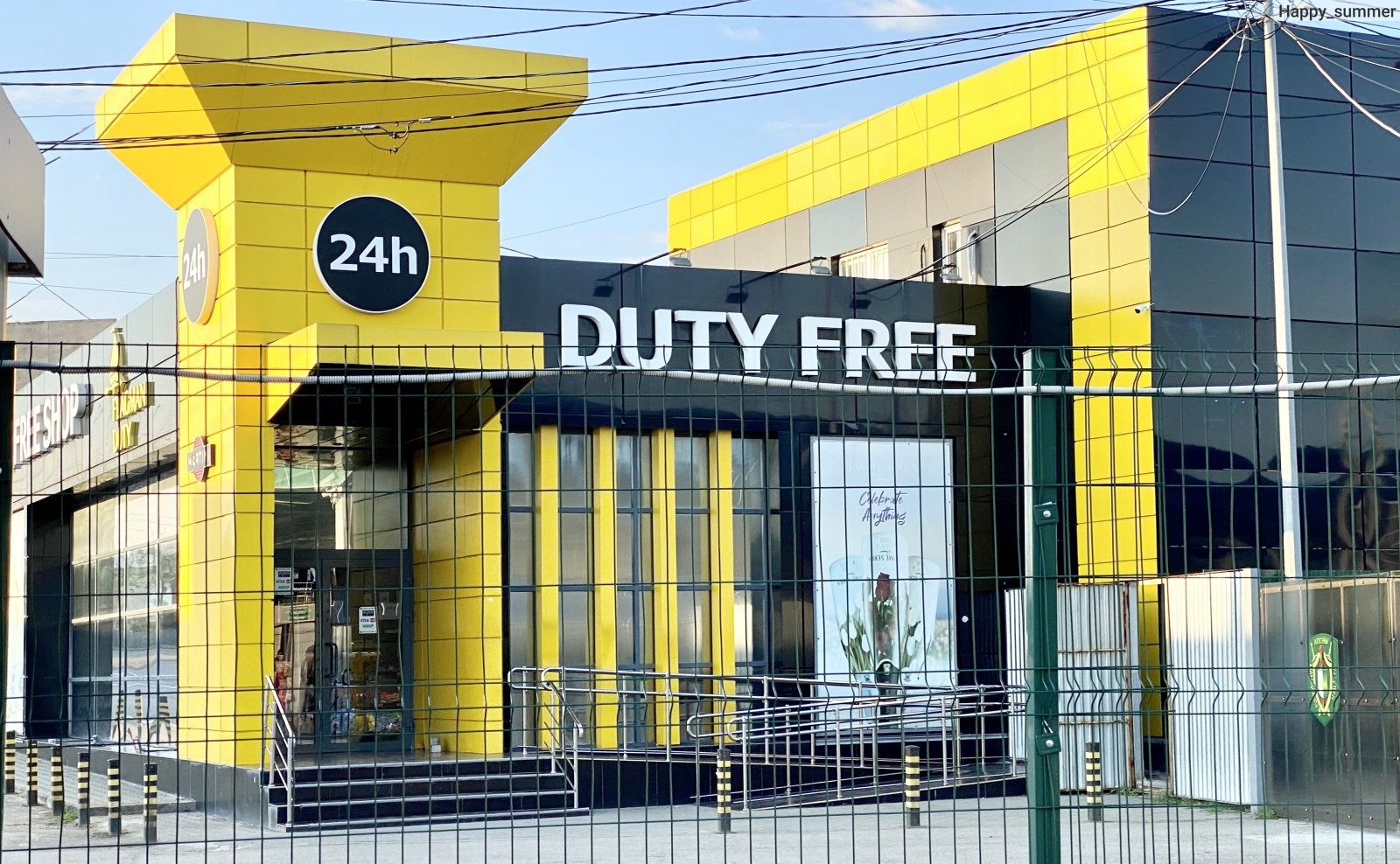South Ossetia elects new parliament on June 9 – who’s running, what to know
Residents of South Ossetia will head to the polls on 9 June to elect a new parliament, but big changes do not seem in store for the republic’s main legislative body.
Details
Candidates and parties were given 20 days before the date of the elections to campaign.
Local experts say, however, that the campaign season has so far been limited to criticism of the ruling United Ossetia party and vague promises to “improve the lives of the people.”
• South Ossetia: President and king under democracy conditions
• South Ossetian public outraged over case of police violence and indifference of state
“Unfortunately, there is a lack of substantive discussion about the future of South Ossetia. And this is a traditional aspect of elections in South Ossetia. This is a vote for figures, not for a particular [programme] or political direction.
“Which makes it unclear: where is the political platform where [political issues] can be discussed? Where else if not at the elections?” Nikolai Silaev, a research fellow at the Caucasus Problems and Regional Security Center, told JAMnews.
What is new is the format of the elections, which will take place according to a mixed electoral system of both single-member districts and party lists.
“The advantage of returning to a mixed … system is that it makes it possible for people who do not want to become members of a party to become MPs”, parliamentary candidate Roland Kelekhsaev told JAMnews.
The elections in numbers
During the vote, 34 deputies will be elected in 17 constituencies of the republic, of which nine are in the capital, Tskhinval.
Political parties will run for half – 17 – of the seats in parliament, while half of the seats will be determined by single-member districts.
The Central Election Commission registered 60 candidates representing seven of the eight political parties operating in the republic. Another 39 candidates were admitted to the elections as independent candidates.
Russian media outlet eadaily.com reports 39,000 of 53,000 inhabitants are eligible to vote.
The favourite
The ruling United Ossetia party, overseen by current President Anatoly Bibilov but formally led by Minister of Emergency Situations Alan Tadtaev, is the favourite in the race.
In the previous parliamentary elections in 2014, the party received a majority of seats (20 of 34) in parliament, and is unlikely to cede control of the assembly in the upcoming vote.
Like almost all other political parties in South Ossetia, the unification of South and North Ossetia “as a component of a multinational Russian state” is one of the party’s main platforms.
Other players and the opposition
Another two political parties are expected to make it into parliament.
One of them – the People’s Party of South Ossetia, the patron of which is former president and current opposition leader Eduard Kokoity. Kokoity has appealed to the public to support the People’s Party
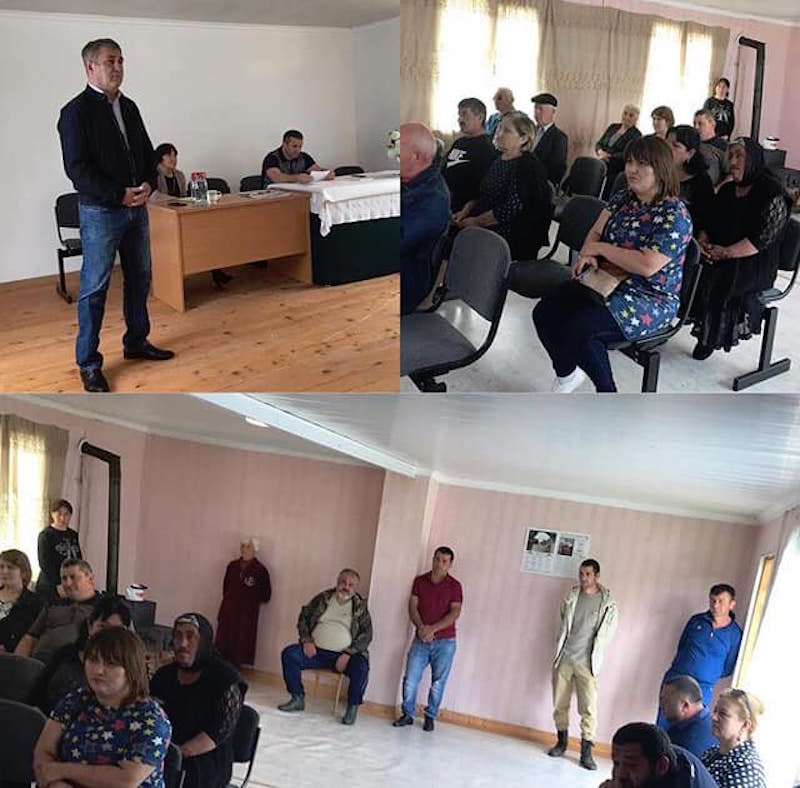
Another – the socialist Unity of the People party, which was earlier explicitly loyal to ex-president Leonid Tibilov, are also likely to gain several seats in parliament.
The parties received four and six seats in the 2014 elections respectively.
Of particular interest is the Nykhas party, which made local headlines in 2019 when it announced an impending merger with New Ossetia and the Alan Union. However, the latter was unable to have itself legally registered as a party, as a result of which the merger only partially took place.
Given that a majority of influential politicians in South Ossetia belong to the older generation, the potential union was interesting in that it would have united relatively younger politicians in a single political party.
Nykhas positions itself as an opposition party, however up until 2017 it was itself in power, as it was created by the then-president Leonid Tibilov in 2013.
Experts say the party will have a hard time convincing the public that it is capable of enacting real change and serving as a productive opposition force.
Nykhas, which took only four spots in the last elections, ran into issues while registering for the elections. The Central Election Commission claimed it found violations in the party’s documentation.
As a result, several party members were not registered to run. Amongst them was former justice minister Alan Jioyev – who was the head of the presidential administration under Tibilov. Aleksey Sanakoyev, an employee of the Ministry of Foreign Affairs and the brother of the chairman of Nykhas, David Sanakoyev, was also rejected.
The Central Election Commission cited Sanakoyev’s alleged Georgian citizenship as the reason behind the rejection.
In its five years in parliament, Nykhas – currently presided over by the former mayor of Tskhinval, Alan Alborov – has been unable to win popularity amongst voters, and is unlikely to convince the electorate otherwise this time around.
The party is more likely to receive votes of protest rather than of support, experts say.
Other points of interest
This is the first time that a former president of the republic, in this case Leonid Tibilov, is putting forward his candidacy for parliament.
The former minister of foreign affairs David Sanakoyev is also running.










